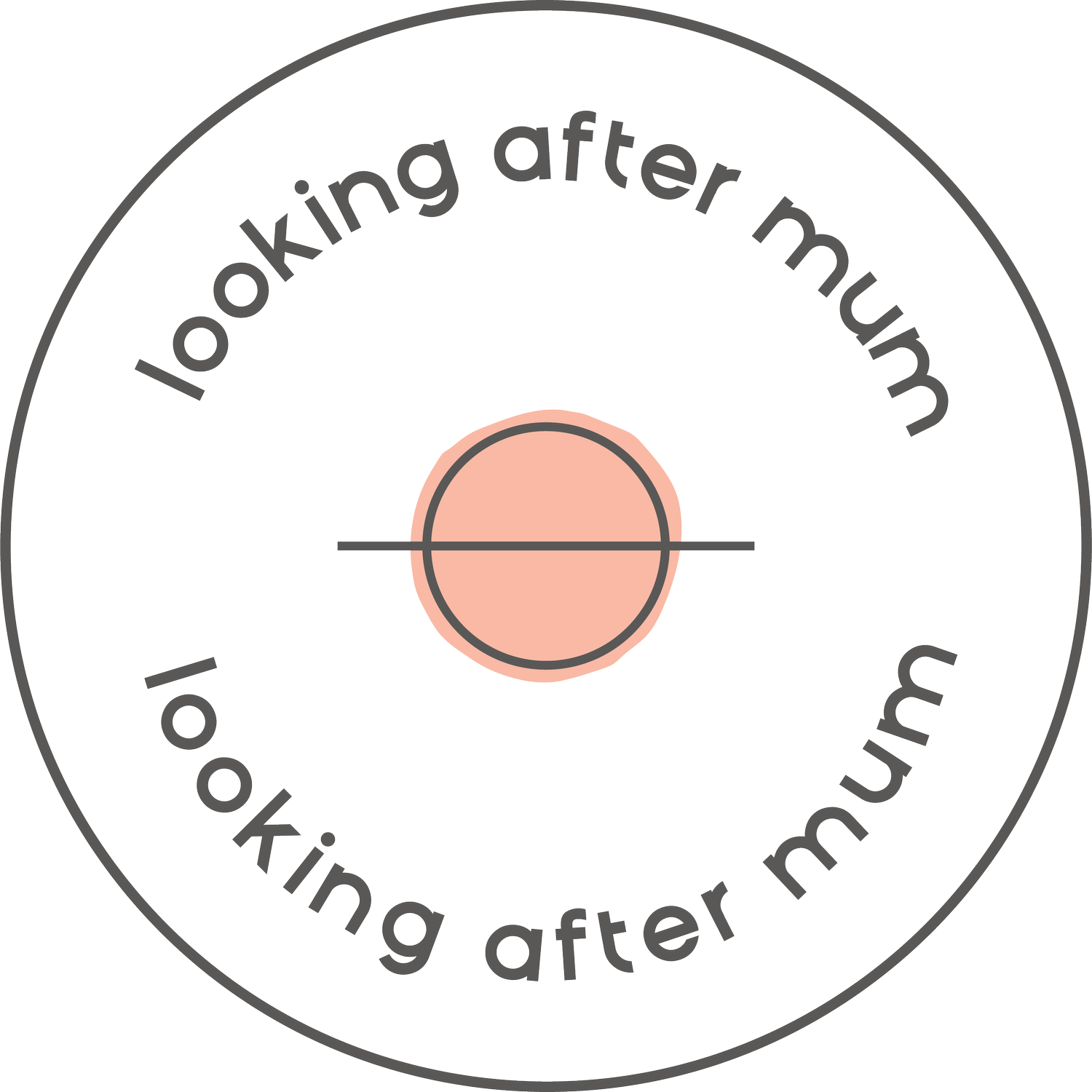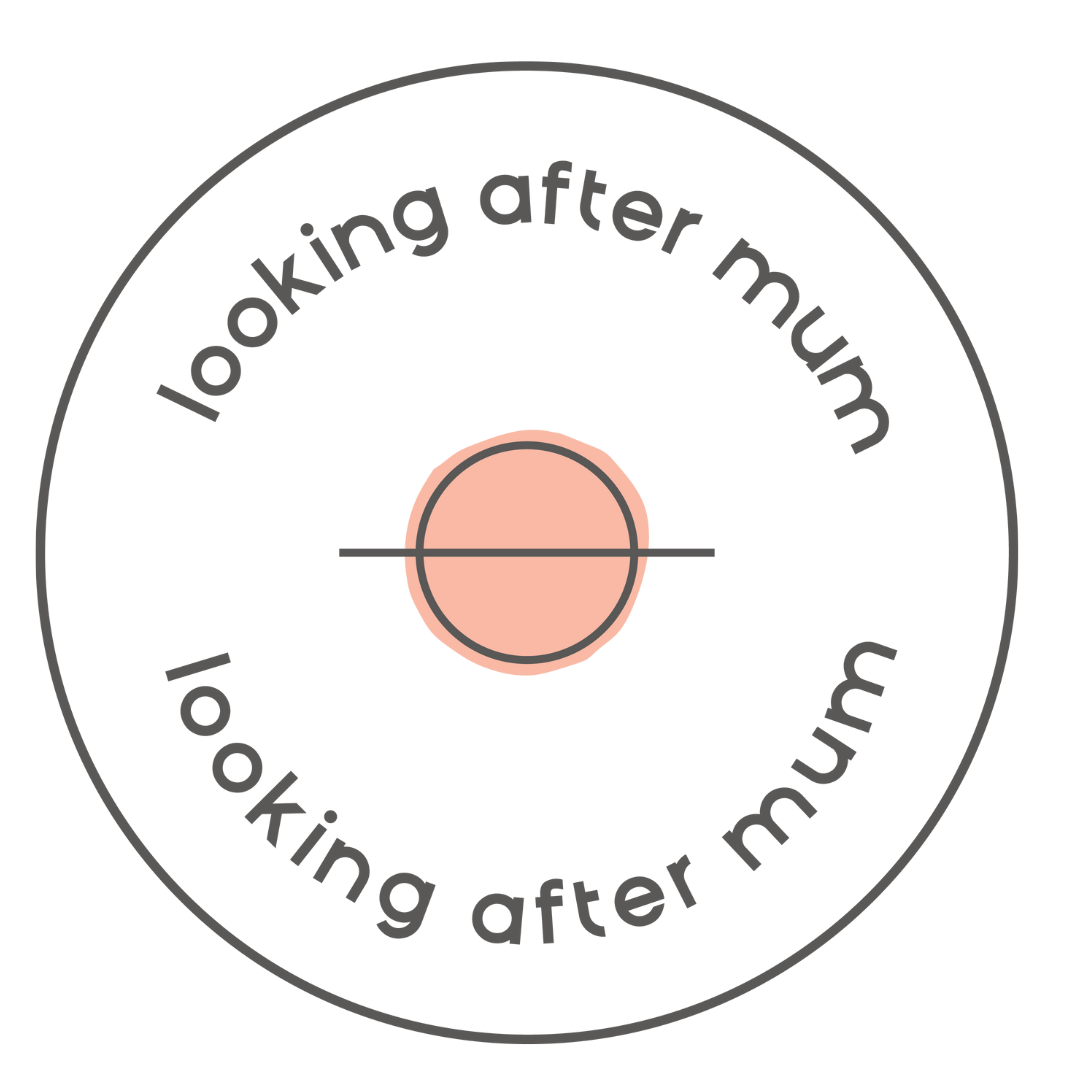How to help someone with Postnatal Depression
By Sophie Harris - Pregnancy & Postpartum Psychotherapist
This post will provide 5 ideas on how to help someone with Postnatal Depression (PND).
NHS statistics show that 1 in 10 new mums are impacted by Postnatal depression. To be honest, I can't help but think that this statistic sounds rather low. I would have a hunch that the reality of this issue may be that many more new parents are experiencing this than are reported.
In a study from UCL, it was reported that during the COVID - 19 lockdown, half of women were meeting the threshold for Postnatal Depression. To me, this statistic sounds a bit more accurate.
Adjusting to life with a baby is really hard. It is no surprise that many women (and men) struggle to transition into meeting the demands of another human being 24 hours per day.
This means that for all of the new parents struggling with Postnatal Depression, there are usually loved ones supporting them. This can be an equally as challenging job too.
In this article, I will provide some insights on how to help someone with postnatal depression.
5 ways to help someone with Postnatal Depression
Avoid giving advice too soon.
When your loved one is struggling, they might need someone to listen to them.
When hearing someone's problems, it is easy to want to make things better. This can sometimes lead to trying to fix things and providing lots of advice.
Whilst there is no issue with giving advice in certain situations, sometimes it is necessary just to take a step back and listen.
Often, Postnatal Depression is not a 'fixable' problem. Sometimes, jumping in with advice too soon can leave the person with PND feeling like they are not being heard. This may lead to them feeling more isolated.
If you find yourself in a situation where someone confides in you, aim to hold off and listen until it is clear they are asking for some advice.
2. Provide practical support
Let it be known that your services are available!
For many new mums, particularly those who are breastfeeding, it may mean that there is naturally a limited amount that others can do to help.
However, you may be able to offer to watch the baby whilst they sleep. Alternatively, you could bring food, cook, or offer to clean the house. This can help to let them know that this practical support is available.
Many new parents may find it difficult to accept help. However, for some, this will really help them to know they are not alone.
3. Provide support options
There are different therapy options available to new parents experiencing Postnatal Depression.
I see many new mums in my private practice who are struggling, who then feel confident and content in motherhood.
Alternatively, the NHS should be able to provide some support for Postnatal Depression.
Let your loved one know that support is available. However, it is their choice if they do not want to pursue this treatment. It is important that you respect these wishes even if you don't agree with the decision.
4. Validate their experiences
Okay, so most parents experiencing Postnatal Depression worry that they are not doing a good enough job. Another big concern is that they shouldn't be feeling this way. Or that they should just be grateful for what they have.
Therefore, the last thing parents experiencing PND need to hear is "come on, you've got the baby you always wanted, just snap out of it".
Instead, try to validate their experiences. Validating statements might sound like…
"I'm sorry you feel this way. This sounds really tough"
"It makes sense that you feel this way."
"You are doing much better than it feels right now."
"You've been through so much recently."
By using these statements, your loved one is more likely to feel heard and that you recognise what they are going through.
5. Look after yourself
Supporting someone can feel challenging. Especially if the person is pushing you away.
Ensure that you take time to meet your own needs. This might include spending time away with friends, getting outside in nature, or listening to some favourite music to relax. Of course, getting your own therapy and professional support is always an option.
Just the act of reading this article shows you are doing great. Your loved one is lucky to have someone like you who cares about them.
Hi, i’m Sophie
I am a therapist and mother. I love helping new mums overcome anxiety and low mood to feel confident and content.
If you are looking for postpartum support for you or a loved one, then use the links below to find out more about the services that could help you.





